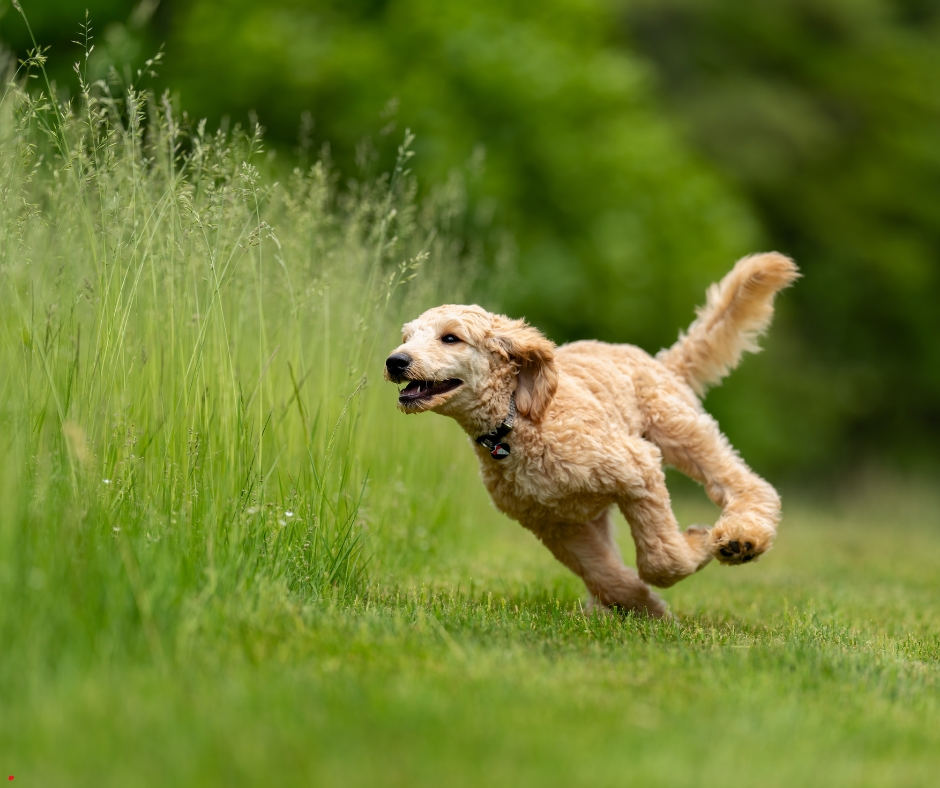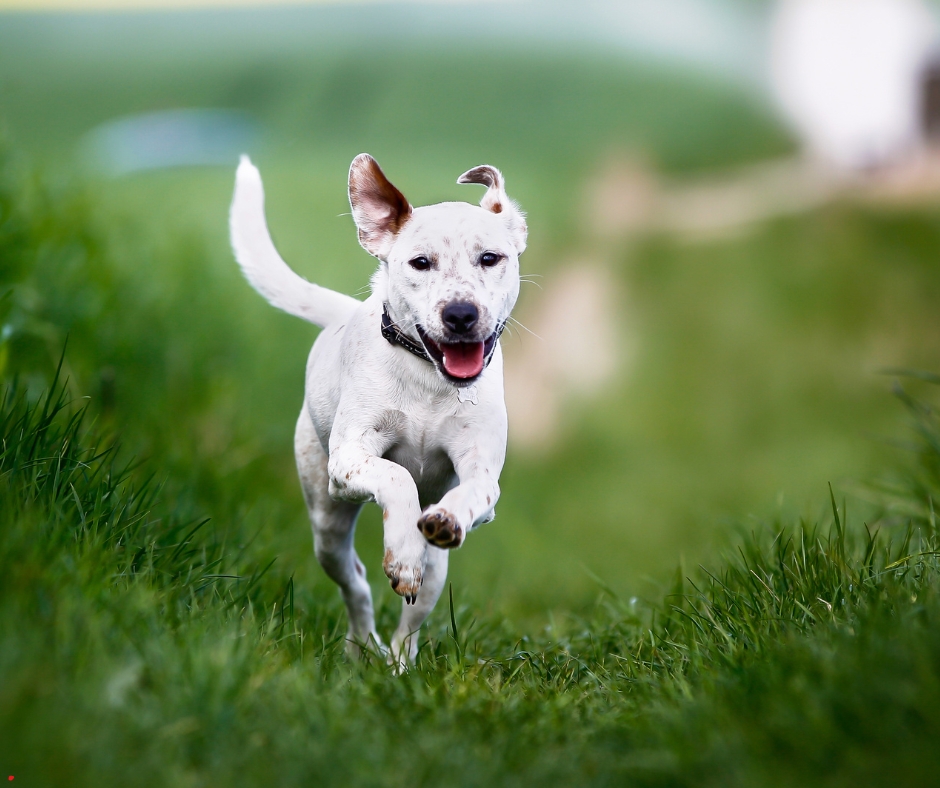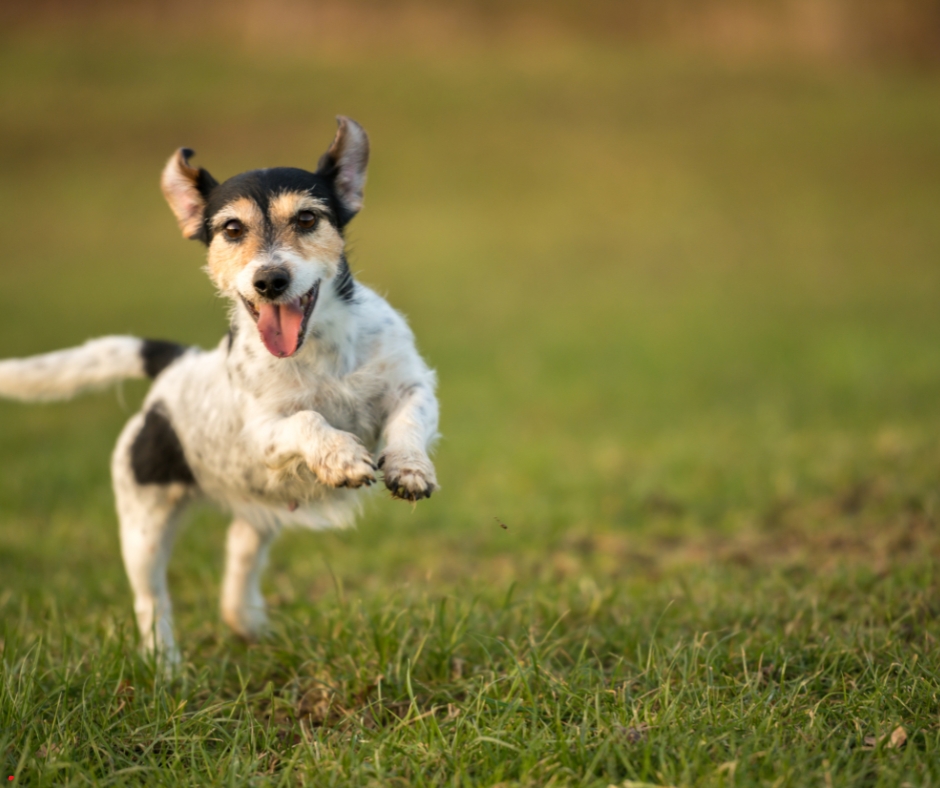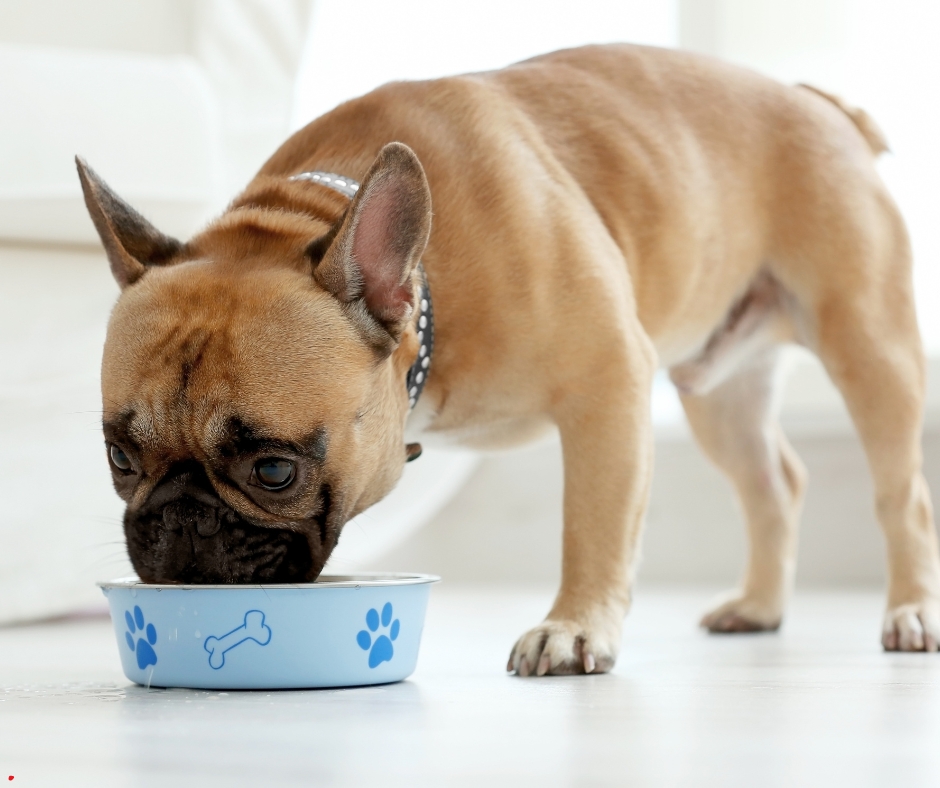Yes, dogs can eat nutritional yeast, but it should be in moderation. Nutritional yeast is generally safe for dogs and can offer some benefits.
Dogs are part of our families, and their health is crucial. We always look for ways to enhance their diet. Nutritional yeast, known for its rich vitamin B content, might seem like a beneficial addition. But is it truly safe and beneficial for our furry friends?
This blog post will talk about the pros and cons of giving healthy yeast to dogs. We’ll talk about what to watch out for and how much is safe. Knowing this will help you decide if adding healthy yeast to your dog’s food is a beneficial idea.
Introduction To Nutritional Yeast
Nutritional yeast is gaining popularity among health enthusiasts. But can dogs eat it? Before diving into that, let’s first understand what nutritional yeast is and its common uses in the human diet.
What is nutritional yeast?
Nutritional yeast is a deactivated yeast. Saccharomyces cerevisiae is the source of this yeast. Unlike baking or brewer’s yeast, it doesn’t foam or grow. People often sell it as flakes or powder.
It has a nutty, cheesy flavor. This makes it a wonderful addition to various dishes. It is also a rich source of vitamins, especially B-complex vitamins. Some brands even fortify it with Vitamin B12.
Common Uses In Human Diet
Nutritional yeast is versatile. People often use it as a seasoning. Here are some common uses:
- Sprinkled over popcorn or pasta
- Added to sauces and soups
- Mixed into dressings or dips
- Used as a topping for salads
It is popular among vegans and vegetarians. This is because it is a complete protein. It provides all nine essential amino acids.
Many people also use it to mimic cheese in vegan recipes. It enhances the flavor of dishes without adding unhealthy fats.
- Calories : 20
- Protein: 3 g
- Fiber: 4 g
- Vitamin B12: Varies (if fortified)
In summary, nutritional yeast is a flavorful, nutrient-rich ingredient. Many people love it for its health benefits and versatility in cooking. But is it safe for dogs? Let’s explore this further in the next sections.

Nutritional Content
Many people use nutritional yeast in their diets. The safety of their dogs is a concern for many dog owners. Here we’ll go over the ingredients in nutritional yeast and how it might help dogs’ health.
Vitamins And Minerals
Nutritional yeast is rich in B vitamins. These include B1, B2, B3, B6, and B12. These vitamins support energy production and brain health. They also promote healthy skin and coat.
Nutritional yeast is a beneficial source of many minerals. Among them, you may find manganese, selenium, and zinc. These minerals strengthen the immune system. Plus, they’re beneficial for your health in general.
Protein And Fiber
Nutritional yeast is a beneficial source of protein. Protein is essential for muscle growth and repair. It also supports a healthy immune system. Dogs need protein for their overall well-being.
Nutritional yeast contains dietary fiber. Fiber aids in digestion. It can help prevent constipation. Fiber also promotes a healthy weight.
Health Benefits For Dogs
Nutritional yeast is a popular supplement for humans, but can it benefit dogs too? Yes, it can! This superfood is rich in vitamins and minerals. It can boost your dog’s health in multiple ways. Let’s explore how it helps.
Boosting Immune System
B vitamins are abundant in nutritional yeast. These vitamins are essential for a healthy immune system. They help your dog fight off infections and stay healthy. Beta-glucans in nutritional yeast also play a role. They help stimulate your dog’s immune cells. This makes your dog more resistant to illnesses.
Here’s a table that highlights the key benefits of B-vitamins for dogs:
- B1 (Thiamine): Supports energy production
- B2 (Riboflavin): Promotes healthy skin and coat
- B6 (Pyridoxine): Boosts immune response
- B12 (Cobalamin): Enhances red blood cell production
Improving Digestion
Nutritional yeast is also beneficial for digestion. It contains fiber, which helps in regular bowel movements. Fiber also supports the growth of beneficial bacteria in your dog’s gut. This probiotic effect improves overall digestive health.
Let’s summarize the digestive benefits:
- Improves bowel movements
- Supports gut bacteria
- Reduces digestive issues
Feeding your dog nutritional yeast can be a simple way to enhance their diet. Just sprinkle a small amount on their food. Always consult your vet before adding new supplements.
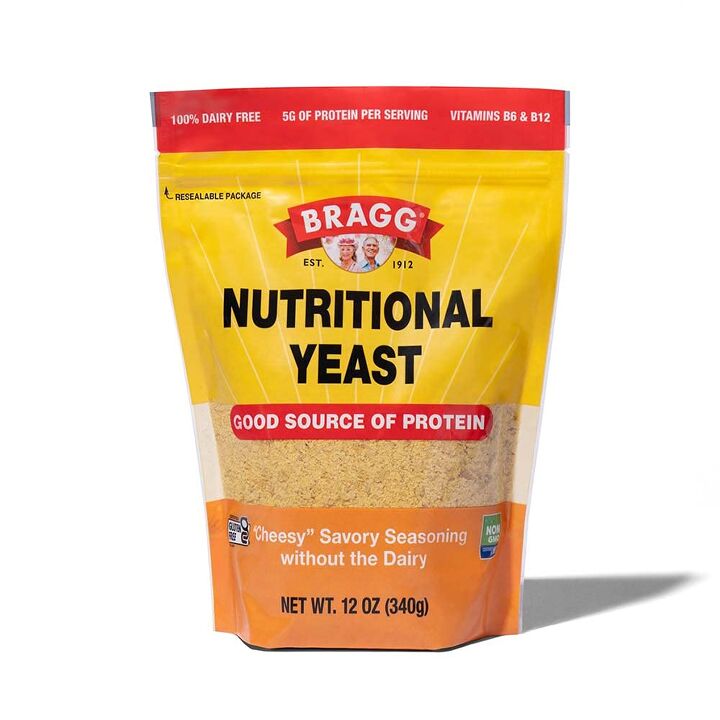
Potential Risks
Potential risks associated with feeding dogs nutritional yeast are important to consider. While nutritional yeast can offer benefits, it may also cause issues. Being aware of these risks can help keep your dog safe and healthy.
Allergic Reactions
Dogs, like humans, can have allergies. Nutritional yeast could trigger allergic reactions in some dogs. Symptoms might include itching, swelling, or digestive problems. If your dog shows these signs, stop giving it nutritional yeast and consult your vet.
Overconsumption Issues
Giving your dog too much nutritional yeast can lead to problems. Overconsumption might cause stomach upset, gas, or diarrhea. In severe cases, it could even lead to more serious health issues. Always give nutritional yeast in moderation and monitor your dog’s response.
Safe Serving Suggestions
Many pet owners wonder if dogs can eat nutritional yeast. Yes, they can! But it’s important to follow safe serving suggestions. Nutritional yeast can be a beneficial addition to your dog’s diet when served correctly. Let’s explore the recommended dosage and how to introduce it to your dog’s meals.
Recommended Dosage
Determining the right amount is crucial. Too much can cause digestive issues. Here’s a simple guide:
- Small Dogs: 1/2 teaspoon per day
- Medium Dogs: 1 teaspoon per day
- arge Dogs: 1 1/2 teaspoons per day
How To Introduce
You should gradually add nutritional yeast to your dog’s diet. Follow these steps:
- Start with a small amount. Sprinkle a pinch on their food.
- Watch for any allergic reactions or digestive issues.
- If all is well, slowly increase to the recommended dosage over a week.
Mix it well with their regular food. This ensures they eat it all. Nutritional yeast has a cheesey flavor. Most dogs love it!
Remember, always consult your vet before making changes to your dog’s diet. Your vet knows your pet’s health best.
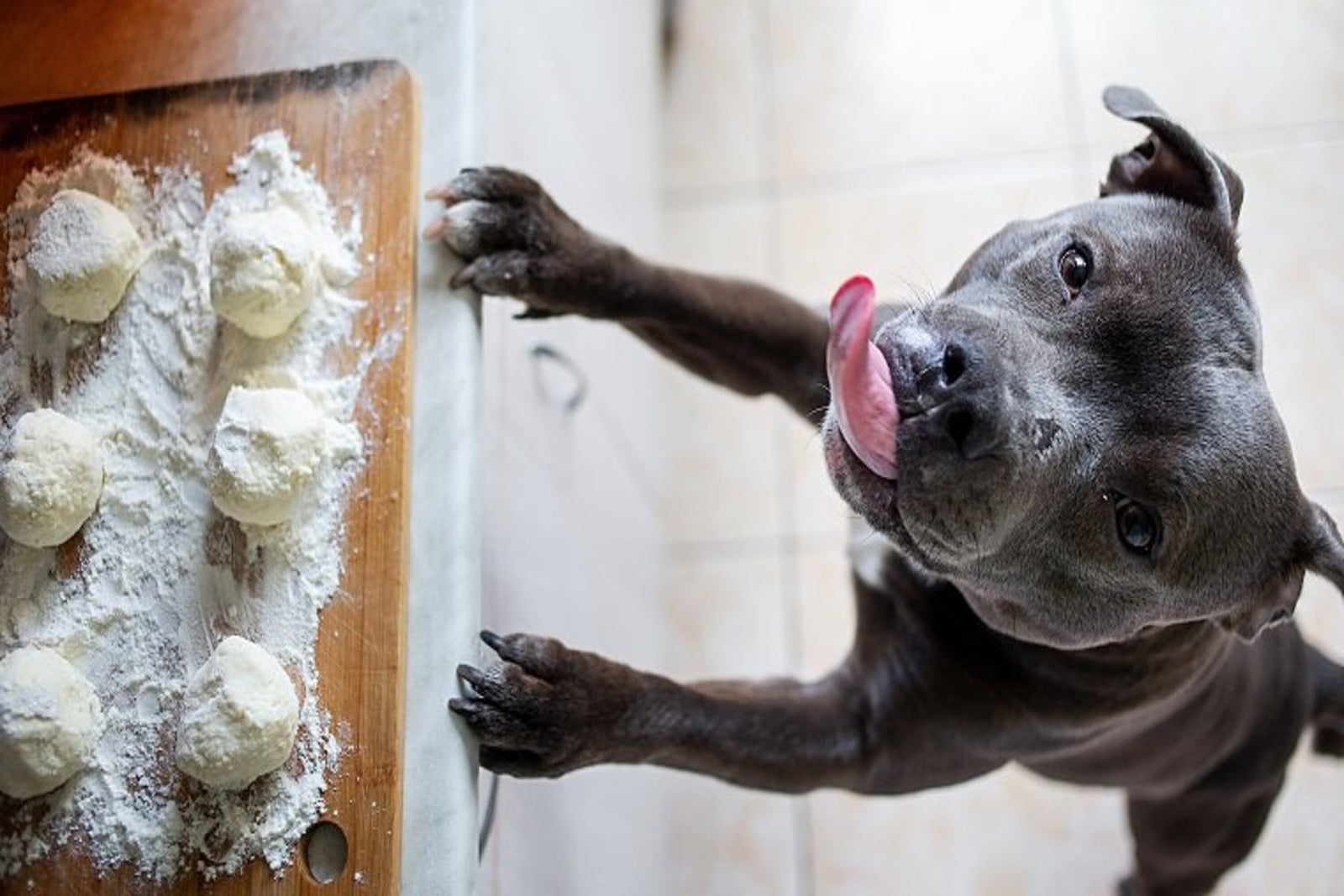
Signs Of Adverse Reactions
Introducing new foods to your dog’s diet can be tricky. Nutritional yeast, while beneficial for humans, might not always be safe for dogs. Understanding the signs of adverse reactions is crucial. This helps ensure your pet’s health and well-being. Here’s what you need to know about potential symptoms and actions to take.
Symptoms To Watch For
Observe your dog closely after giving nutritional yeast. Some dogs might show signs of sensitivity or allergy. Common symptoms to watch for include:
- Vomiting: Your dog might vomit after consuming nutritional yeast.
- Diarrhea: Loose stools are a sign of gastrointestinal upset.
- Itching: Excessive scratching might indicate an allergic reaction.
- Swelling: Notice any swelling around the face or paws.
- Lethargy: Your dog may seem unusually tired or weak.
What To Do If They Occur
If you notice any adverse reactions, act quickly. Here are some steps to follow:
- Stop Feeding: Immediately stop giving nutritional yeast
- Monitor: Keep a close eye on your dog’s behavior and symptoms
- Contact Your Vet: Reach out to your veterinarian for advice. They may suggest bringing your dog in for a check-up
- Provide Water: Ensure your dog has access to plenty of fresh water
- Document Symptoms: Note down any symptoms and their duration. This helps your vet make an accurate diagnosis
Being proactive and knowledgeable is key. This ensures your dog’s safety when trying new foods.
Consulting A Veterinarian
Before adding nutritional yeast to your dog’s diet, consult a veterinarian. One dog’s diet may not work for another. A veterinarian can provide personalized advice.
Importance Of Professional Advice
Veterinarians understand your dog’s specific health needs. They can assess whether nutritional yeast is safe for your pet. Some dogs may have allergies or sensitivities. Professional guidance ensures your dog’s diet is balanced and safe.
Questions To Ask
Prepare a list of questions before your vet visit. Ask about the correct dosage of nutritional yeast for your dog. Inquire if there are any potential side effects. Check if it interacts with any medications your dog takes. Discuss any concerns about allergies or digestive issues.
FAQ of Dogs Eat Nutritional Yeast
Can Dogs Eat Nutritional Yeast Safely?
Yes, dogs can safely eat nutritional yeast in moderation. It is a beneficial source of vitamins and minerals. However, always consult your vet before introducing new foods.
Is nutritional yeast beneficial for dogs?
Nutritional yeast is beneficial for dogs. It provides B vitamins, protein, and antioxidants. These nutrients support your dog’s overall health and immune system.
How Much Nutritional Yeast Can I Give My Dog?
You can give small amounts of nutritional yeast to your dog. Start with a small amount and closely observe any reactions. Consult your vet for specific dosage recommendations.
Are There Any Side Effects Of Nutritional Yeast For Dogs?
In rare cases, dogs may experience digestive issues from nutritional yeast. Monitor your dog for any signs of discomfort. Always introduce new foods gradually.
Summary
Nutritional yeast can be safe for dogs in moderation. It offers some health benefits. Always consult your vet before adding it to your dog’s diet. Monitor for any adverse reactions. Start with small amounts. Dogs can enjoy this tasty treat, but balance is key.
Keep your pet’s overall nutrition in mind. Healthy dogs are content dogs.






